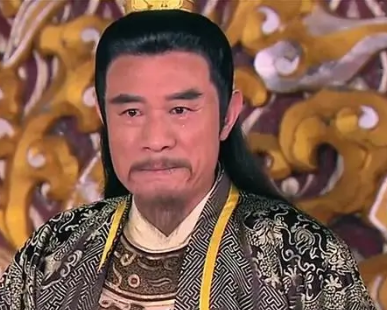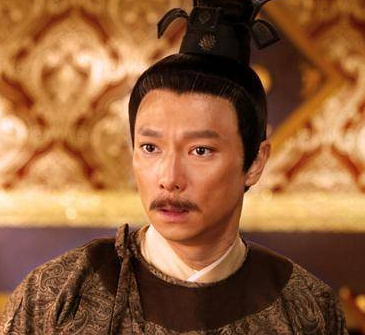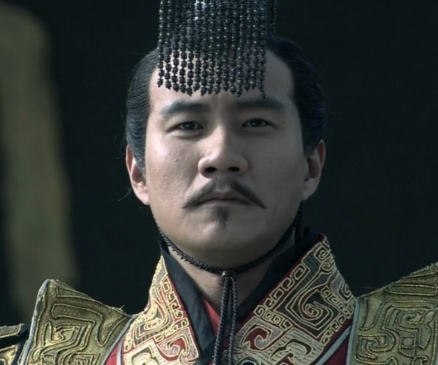During the Three Kingdoms period, heroes emerged in abundance, and wise and brave individuals were numerous. However, amidst this era filled with legends, there were also puzzling events. Among them, Liu Feng, the adopted son of Liu Bei, and Meng Da refused to send troops to assist Guan Yu when he was besieged in Maicheng. What kind of humanity and intrigues lie behind this incident? This article will take you to unravel this lesser-known history.

First, the backgrounds of Liu Feng and Meng Da.
Liu Feng, styled Gongming, was Liu Bei's adopted son and originally the son of Liu Zhang, the Governor of Yizhou. After Liu Zhang surrendered to Liu Bei, Liu Feng was adopted by Liu Bei and became his adopted son. Meng Da, styled Ziqing, was originally a renowned figure in Yizhou who later joined Liu Bei and became one of his subordinates. Both Liu Feng and Meng Da were important generals of the Shu Han Kingdom and made significant contributions to its development.
Second, Guan Yu's Siege in Maicheng.
In 219 AD, Guan Yu, in his attack on Fancheng, was defeated by the combined forces of Lu Meng and Lu Xun of the Eastern Wu due to his overconfidence and carelessness. He was forced to retreat to Maicheng. Guan Yu was isolated and helpless in Maicheng, facing a precarious situation. At this time, Liu Bei's adopted son Liu Feng and Meng Da were stationed in Jingzhou and Yizhou, respectively, not far from Guan Yu. However, when Guan Yu begged for reinforcements from Liu Feng and Meng Da, they refused to send troops to assist him.
Third, the reasons for Liu Feng and Meng Da's refusal to assist.
There are many historical accounts regarding the reasons for Liu Feng and Meng Da's refusal to support Guan Yu. Some believe that they were jealous of Guan Yu and unwilling to help him; others suggest that they were concerned about excessive losses of their troops and unwilling to take risks. However, these explanations cannot fully account for their actions.
According to historical records, Liu Feng and Meng Da had received orders from Liu Bei to assist Guan Yu. However, they used various excuses to avoid sending troops. The underlying reason was likely a wavering loyalty to Liu Bei.
Fourth, the intersection of humanity and intrigues.
During the Three Kingdoms period, loyalty was a crucial virtue. However, under the temptation of power, loyalty often became fragile. Liu Feng and Meng Da's refusal to assist Guan Yu was likely due to their fear of their positions being threatened. In their minds, protecting their statuses and interests outweighed rescuing Guan Yu.
Furthermore, Liu Feng and Meng Da may have been influenced by others. There were many factional struggles within the Shu Han regime at that time. Liu Feng and Meng Da may have been restrained by other forces, preventing them from sending troops to assist Guan Yu.
Fifth, conclusion.
The incident of Liu Feng and Meng Da refusing to assist Guan Yu reveals the intertwining of humanity and intrigues during the Three Kingdoms period. In this era, heroes emerged, but loyalty and faith were constantly tested. This historical episode teaches us that under the temptation of power, humanity often becomes distorted and fragile. True heroes are those who can uphold their beliefs and remain steadfast.
Disclaimer: The above content is sourced from the internet and the copyright belongs to the original author. If there is any infringement of your original copyright, please inform us and we will delete the relevant content as soon as possible.































